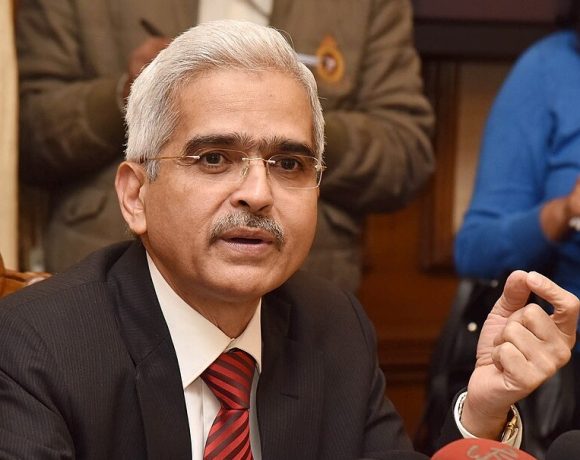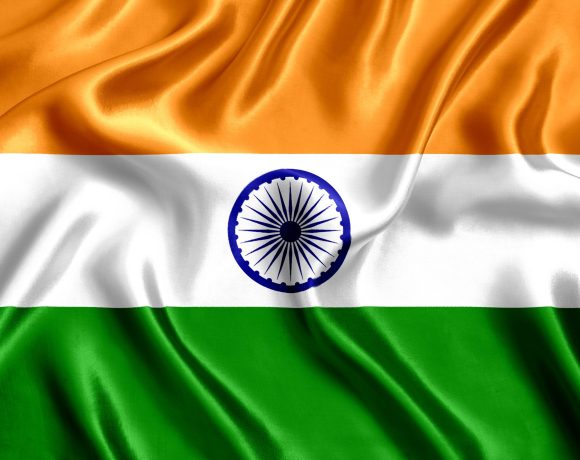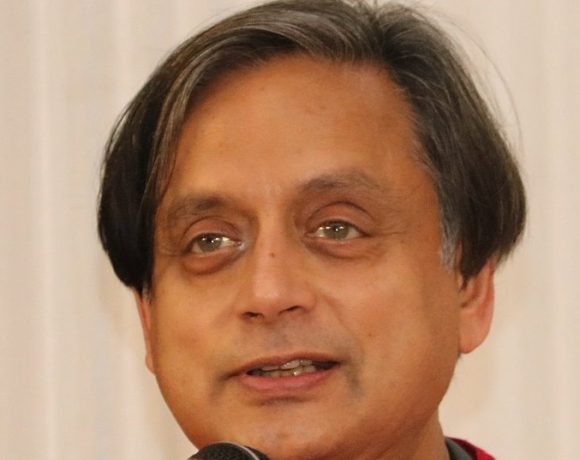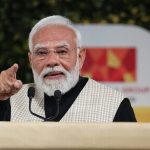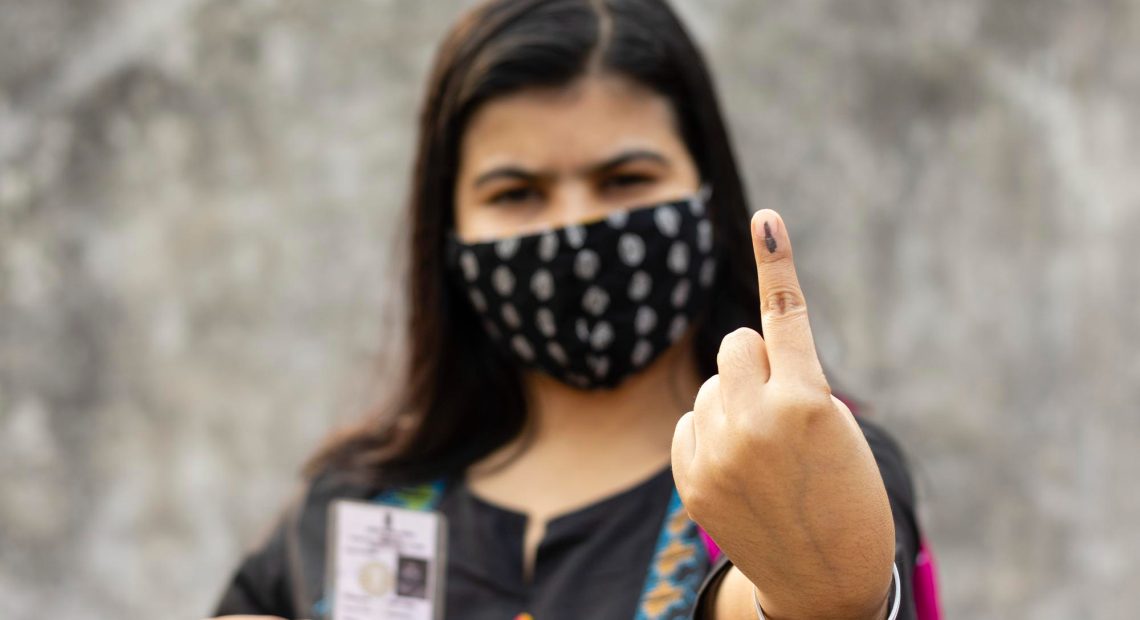
Ex-CJIs Back One-Nation-One-Election but Urge Safeguards
Several former Chief Justices of India have expressed support for the constitutionality of the “one nation, one election” proposal, while cautioning lawmakers about critical gaps in the current version of the bill. Their testimonies were made before the Joint Parliamentary Committee reviewing the proposed constitutional amendment aimed at synchronizing Lok Sabha and state assembly elections.
one-election
Former Chief Justice D.Y. Chandrachud affirmed that holding simultaneous elections does not violate the Constitution’s basic structure. He clarified that there is no constitutional obligation requiring the Lok Sabha and state assemblies to hold elections separately. According to him, the concept is legally sound and can be achieved through structured amendments.
EC powers
However, both Chandrachud and former CJI Ranjan Gogoi raised serious concerns about the unchecked powers proposed for the Election Commission. They warned that giving the EC unilateral authority to extend or reduce the term of an assembly to align it with a central electoral calendar may result in arbitrary or politically motivated decisions. They emphasized that such provisions could threaten democratic norms unless carefully regulated with safeguards and legal benchmarks.
bill concerns
Former CJI U.U. Lalit proposed a phased implementation strategy. Instead of cutting short the term of existing assemblies, he recommended that synchronisation should occur naturally over time to avoid constitutional disputes and governance instability. He noted that forcing early dissolution or delaying elections en masse would likely be challenged in courts, making the current bill vulnerable to legal hurdles.
The former Chief Justices were clear in their distinction between supporting the core principle of the bill and opposing the administrative and legal overreach embedded in its present form.
What’s Next
The Joint Parliamentary Committee will continue its deliberations with former CJIs J.S. Khehar and D.Y. Chandrachud expected to appear again on July 11. Their recommendations are likely to shape how the bill is amended to reflect constitutional fidelity, electoral fairness, and institutional balance. The challenge now lies in reconciling legislative ambition with judicial caution—ensuring that administrative efficiency does not compromise democratic integrity.


